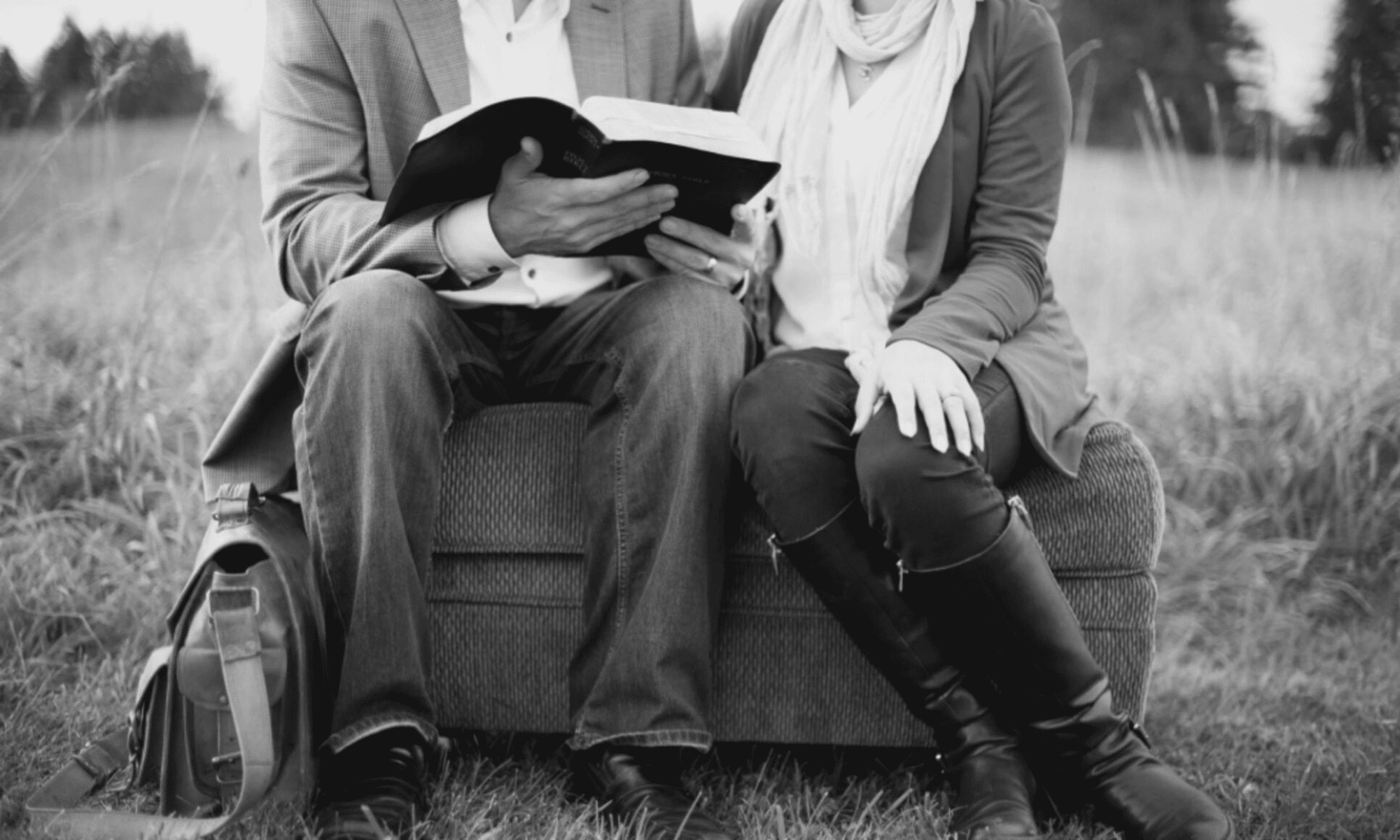
I have already shared part of my personal story on this blog and in my book. Here I dive a bit deeper in describing my own challenges and some of the strategies I used to deal with them.
[NOTE: If you’d like to view the video version, scroll to the bottom of this post.]
I grew up in a single-parent home.
My mother packed up my brother and I and left town one day when my dad was at work, and I didn’t see my dad again for 37 years. So from the age of not quite three until I was 40, I had no contact with my father. In fact, I had very little exposure to men. I had an older brother. He ran away from home when he was 16.
By the time I was four years old, my mother got sick the first time.
A “strangulated hernia” was the way it was described. I was home alone with her. She was in the bathroom screaming in pain. She’s like, “Go! Go to the neighbors! Go get help! Go get help!” And of course, I was afraid. I’m trying to take care of my mom, and she’s trying to tell me to go away and get help.
Evidently I did. Or the screaming drew somebody.
I don’t remember that part. I just remember being really afraid that my mom was in pain. And that began a whole series of me starting to step up and take care of my mom emotionally, of being the adult in the family, which was just totally a lifestyle that I had forever.
I remember when I was in my forties, I started into my own personal therapy. In the process of doing that therapy, I was talking about my mom. I actually confronted her with that. You know, she would call me and dump stuff on me. I finally said to her, “I’m not your parent.” And her response was, “Well, you always have been.”
And that made me really angry.
Because I thought, you mean you did this to me on purpose? How could you have done that to me on purpose? Knowingly made me your parent as a child.
So when you talk about dysfunctional relationships, I know what it feels like.
My escape was school and church. I also spent a lot of time at the library reading stories and imagining myself in different scenarios, thinking how that story would play out if I were the main character.
My favorite book growing up was The Boxcar Children.
These four kids have been orphaned, and they find a an old empty box car and set up housekeeping in there. Because they’ve been told that their grandfather is a bad man. and they don’t want to be taken away from each other.
It’s a whole series of children’s books now, but this is the original one. At the end of the story, the grandfather finds them; and they find out that he’s really good.
That story was my life. I had to figure out how to fend for myself, how to step up and take charge. Not to find food and shelter, but how to take care of myself in very practical and emotional ways. Not realizing all along that I had a Grand Father in God, and He was always watching over me. He was good. He wasn’t this big, scary, judgmental person that I had been taught.
So that original story of The Boxcar Children really tells the story of my early life.
I got married the first time when I was 18 and worked while my husband went to college. Six weeks after he graduated our first child was born. We were both 21 at the time.
We both graduated from high school at 17, not because we were extremely brilliant. But because the start dates were a little flexible back then in terms of when you could put your kid in kindergarten. We got in at four, but we didn’t do anything faster. We just started earlier.
So six weeks after he graduated from college, our first child was born. I ended up having three boys. Then I’m gonna go to college.
So the whole time that I’m married, I’m back at the library.
- I’m trying to figure out, “How do you do marriage?”
- So I read tons of marriage books.
- We were both incredibly immature.
After working with couples for 25 years, what I think is true is that the younger you are when you get married, the more likely you are to try to work out your identity in the context of the relationship. And as you’re doing that, you can be really self-absorbed. And in your self-absorption,
- You can be dismissive.
- You can be avoidant.
- You could be overpowering.
And that’s where people often get caught up.
When I was getting ready to start college, my husband decided he didn’t want to be married anymore. Here I am with three boys. When he left, they were 5, 8, and 11.
- My youngest son started kindergarten within a few months after his dad left.
- My oldest son started middle school, which meant seventh grade. That was the way the school system was set up in Kansas.
- And my middle son got type one diabetes.
I also went back to work after being a stay-at-home mom for 12 1/2 years.
All that within a few months of my husband’s departure. I was going through hell, so it took me four and a half years to get around to what did I wanna do with my life now that I was a single mom. And actually in that meantime, I married again and ended up separating from him.
There you have it. That’s what happened.
So anyway, I finally start college. I do my bachelor’s, master’s, and doctorate, all back to back. I have three boys to raise. I’m a single mom, so for every class, every assignment I tried to find a way to make it something I could learn about how to raise boys.
Because I grew up without boys around.
I’m doing all this study on how to relate to boys as a mom. By the time I got into grad school in California – which is how I got from Kansas to California, for grad school – I wrote my doctoral dissertation on mothers and sons.
Then I wanted to work with couples because I could have much more impact by helping a wife understand her husband and a husband, understand his wife than I could, having them feel understood by me.


